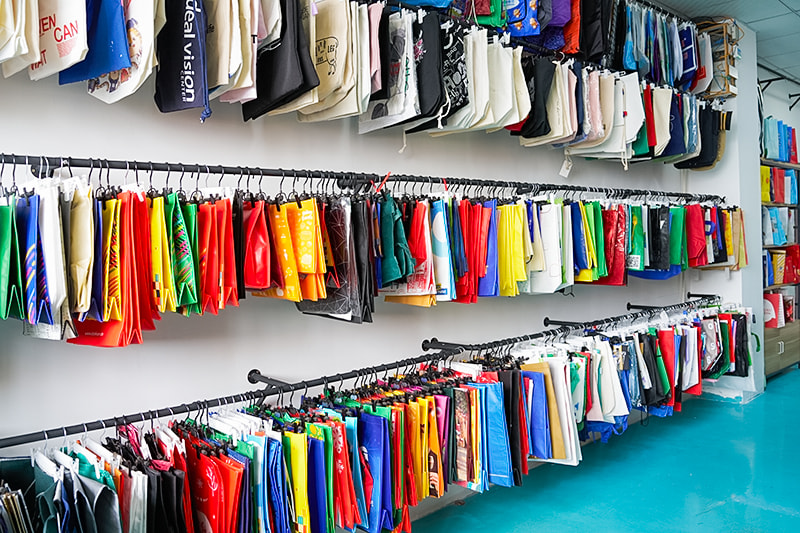
Plastic bags have been a staple in supermarkets for decades, but growing environmental concerns have sparked a shift toward more sustainable alternatives. Reusable supermarket bags are increasingly promoted as a solution to reduce plastic waste. However, the question remains: can these bags fully replace plastic bags?
Environmental Benefits of Reusable Bags
Reusable supermarket bags are designed to withstand multiple uses, reducing the need for single-use plastic bags. Materials such as non-woven polypropylene, cotton, or recycled fabrics provide durability and strength, allowing shoppers to carry heavier loads without tearing. By using reusable bags, consumers can lower plastic waste, decrease pollution, and reduce the demand for petroleum-based products. Factories specializing in reusable bags often focus on producing eco-friendly materials that extend the lifecycle of each bag, contributing positively to environmental sustainability.
Durability and Practicality
One of the main advantages of reusable supermarket bags is their durability. Unlike thin plastic bags that easily tear, reusable bags can last for months or even years when properly maintained. A Reusable Supermarket Bags Factory typically tests its products for strength, stitch quality, and load capacity to ensure consistent performance. Strong handles and reinforced seams make them practical for daily use, encouraging shoppers to adopt them over disposable options.
Challenges in Replacing Plastic Bags
Despite their benefits, reusable bags face several challenges in completely replacing plastic bags. Convenience remains a significant factor; plastic bags are often readily available at checkout and require no prior preparation. Reusable bags require planning, as shoppers need to remember to bring them. Hygiene is another concern—bags that are not regularly cleaned can harbor bacteria. Factories producing reusable supermarket bags increasingly address these issues by designing bags that are easy to wash and fold for storage, yet complete replacement still requires behavioral changes from consumers.
Cost and Production Considerations
Cost also plays a role in adoption. Plastic bags are inexpensive to produce, while reusable bags have higher manufacturing costs. A Reusable Supermarket Bags Factory must balance affordability with quality to encourage wide adoption. Bulk production and innovative materials can help lower costs, making reusable bags more accessible to a broader market. Incentive programs, such as discounts for using reusable bags, also encourage shoppers to transition from plastic.
Potential for Gradual Transition
While replacing plastic bags entirely may not happen overnight, reusable supermarket bags can significantly reduce plastic consumption over time. Supermarkets and manufacturers can work together to promote reusable options through marketing, incentives, and education. Consumers gradually adopting these habits create a cultural shift that lessens dependence on disposable plastics. Factories producing durable and convenient reusable bags are essential partners in this transition, ensuring products meet both functional and environmental expectations.
Reusable supermarket bags offer a practical and eco-friendly alternative to single-use plastic bags. Their durability, environmental benefits, and design improvements from a Reusable Supermarket Bags Factory make them a viable option for reducing plastic waste. However, factors such as convenience, hygiene, and cost mean that complete replacement requires ongoing effort from both consumers and retailers. While total elimination of plastic bags may be challenging, widespread use of reusable bags can significantly lessen environmental impact and move society toward more sustainable shopping practices.



 English
English Español
Español عربى
عربى







